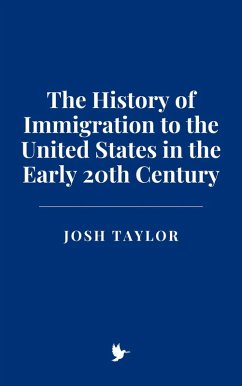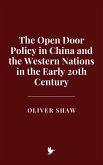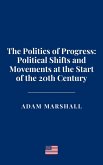At the heart of this period was the notion of the "melting pot," an idea that became a defining symbol of American immigration. Popularized in the early 20th century by authors like Israel Zangwill, whose 1908 play of the same name captured the image of America as a place where diverse peoples could blend into one united nation, the melting pot was seen as a testament to America's ability to assimilate newcomers from different cultures and backgrounds. Yet, beneath this ideal lay a more nuanced and often problematic reality, as waves of immigrants faced discrimination, exploitation, and exclusion.
One of the key concepts underpinning this idea of America as a nation of immigrants was the belief in American exceptionalism. This notion, which asserts that the U.S. is fundamentally different from other nations due to its unique political, cultural, and economic values, shaped the American attitude toward immigration. The "American Dream," a concept that promised success and prosperity through hard work, was heavily tied to the idea of immigration. Writers such as Horatio Alger, who wrote rags-to-riches stories about young men achieving success through determination and virtue, solidified the belief that America was a land of boundless opportunity, especially for immigrants seeking a better life.
Dieser Download kann aus rechtlichen Gründen nur mit Rechnungsadresse in A, B, CY, CZ, D, DK, EW, E, FIN, F, GR, H, IRL, I, LT, L, LR, M, NL, PL, P, R, S, SLO, SK ausgeliefert werden.









